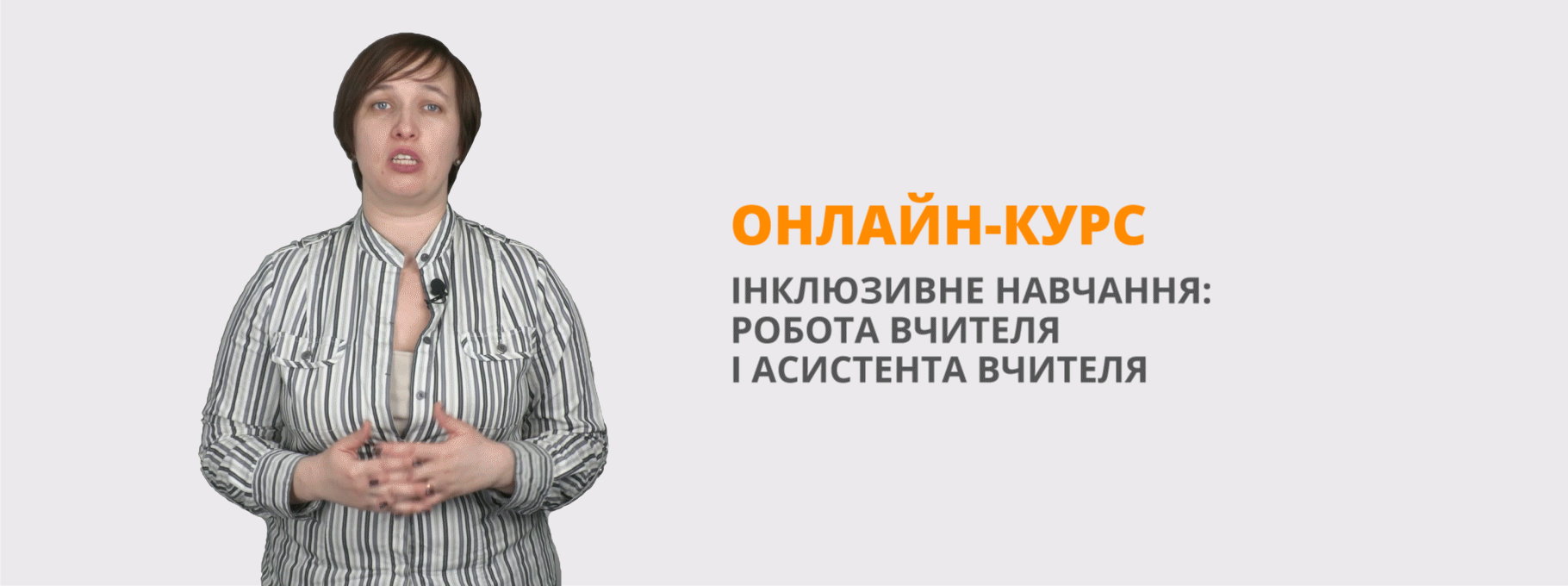Урок англійської мови за темою "Earth is our home. Take care of it"
Тема: Earth is our home. Take care of it
Мета: засвоїти лексичні одиниці теми, активізувати їх вживання в усному та письмовому мовленні;
удосконалювати навички усного мовлення, аудіювання, читання та письма;
практикувати учнів у вживанні модальних дієслів must/mustn’t, should/shouldn’t, could, can, have to та пасивного стану дієслів;
виховувати екологічну свідомість учнів, дбайливе ставлення до природних ресурсів.
Обладнання: підручник О. Карпюк 9 клас, роздатковий матеріал, комп’ютерна презентація “Environmental Protection”
Хід уроку:
I.1. Introduction
T: Good morning, children! How are you? Are you ready to work hard at our lesson?- Great! I hope we’ll do our best today.
Повідомлення теми та мети уроку
T: The topic of our today’s lesson is “Earth is our home. Take care of it”. We’ll continue to speak about ecological problems. We’ll go deeper into the environmental problems and their influence on the man and wildlife. You’ll share your opinions, concerning this problem, about how to protect our Earth, how to prevent further pollution.
T: By the way, do you know what the word “ecology” means? It came from Greek word which means “science about home”. And now our “home” – our planet is in danger.
2. Warming-up
T: You see letters. Name your association with each letter on our today’s topic (записати слова з теми, що починаються із запропонованих літер).
R – reduce, reuse, recycle, rubbish
P – pollute, protect, prevent, planet
L – litter
S – save, species, survive
E- environment, endangered, ecology
T:Good job! But now you have to work in pairs and to be more creative. Your task is to make up sentences using these words.
II. Main Part
- Speaking drill.
Agree or disagree
1.Nature gives people a lot.
2.People love nature in different ways.
3.Children like animals.
4.Look after your planet, it’s the only we have.(Prince Philip of Britain, President of the WWF)
- Listening
T: The UN has received a letter. It is from nature. Listen to it, please.
Pre-listening activities
- Presenting new vocabulary: garbage, a plea, to beg, fur, tusks;
- What do you think this text is about?
Listening
Help, People, Help!
Help, people, help. I’m dying. I’m sending you a plea. You are destroying me day after day. Don’t you see my air is so polluted, my seas, my rivers and oceans are dark grey because of all that garbage, so many species of animals are extinct already.
The last thousand of pandas from China beg you to save them. You destroy tigers, chimpanzees and elephants for their fur, meat, parts of bodies, tusks. But there are only few of them left. Protect your furry friends.
Every year the earth loses 20 million acres of tropical rainforests. And water… the main component of your life. It has tons of toxic waste and sewage. Most big cities pour their waste into seas and oceans. Sometimes people don’t realize the danger. People! Can you breathe this air? You sell and buy water, but will you be able to sell air?
People! Quietly and slowly you are destroying yourselves. Please, stop it…
Post-listening activities
Answer the questions
1. Why is our land dying?
2. Why do people kill the animals?
3. What is the main component of our life?
4. Do people realize the danger of pollution?
5. Will they be able to change the situation?
6. What should you do to save our planet?
- Writing
Vocabulary work
T: Now, working in pairs , you’ll do exercise 6 p.172 . You have to write out the eco-friendly words into your exercise-books.
Coal, planting trees, alternative energy, solar energy, wind power generators, joining the Eco – movement, taking part in anti-fur protests, joining animal rights campaigns, riding a bike.
T: Match the words with their definitions in ex.7 p.172
- F
- E
- D
- C
- B
- A
Grammar
Modal verbs must/mustn’t, should/shouldn’t, can, could, have to
T: The next task is to complete sentences with the appropriate modal verbs in Ex.8 p.173.
1) should
2) can
3) must
4) have to
5) mustn’t
6) could
7) shouldn’t
T: Great! I’m pleased with you today!
- Speaking
T: I’d like you to watch PP presentation on the topic “Environmental Protection” and discuss it in groups of four.
T: Discuss the topic (use Ex.9, 10 p.173).
III. Summary
T: It’s time to finish our lesson. You’ve worked hard, I’m satisfied with it. I wonder if it was difficult for you? Did you enjoy our lesson?
People all over the world speak so much about ecology and healthy environment nowadays. Do you think ecological problems should be discussed or it is no use talking about? Why? What can you personally do to save our planet from an ecological disaster?
Homework
Do ex.11, p.173 за підручником О. Карпюк


про публікацію авторської розробки
Додати розробку
